| ▲ 전북 정읍시가 정부의 탈원전과 '재생에너지 3020' 정책 및 민선 7기 공약사업 완성을 위해 올해 5개 읍ㆍ면 150가구에 태양광과 지열 등의 신재생에너지 보급을 확대하고 있다. (정읍시청 전경) / 사진 = 브레이크뉴스 전북취재본부 DB © 김현종 기자 |
|
전북 정읍시가 민선 7기 공약사업 완성을 위해 태양광과 지열 등 신재생에너지 보급을 확대한다.
정읍시는 "정부의 탈원전과 '재생에너지 3020' 정책에 맞춰 올해 14억원의 예산을 투입, 신태인ㆍ영원ㆍ덕천ㆍ이평ㆍ정우 등 5개 지역 150가구를 대상으로 신재생에너지 융복합 지원 사업을 추진하고 있다"고 28일 밝혔다.
융복합 사업은 한국에너지공단이 주관한 공모에 선정돼 주택ㆍ건물ㆍ축사 등에 태양광 또는 지열 등의 설치비 일부를 지원하는 사업이다.
주택용 태양광(3㎾) 설치비는 총 502만원으로 15%만 부담하면 나머지 85%는 국비와 시비가 보조된다.
3kw 태양광을 설치할 경우, 평균 1개월 전기요금이 6만원 가량 나오는 가구는 약 4만원을 절감할 수 있다고 설명했다.
또, 전기 사용량보다 태양광으로 생산한 전기가 더 많을 때는 남은 전기가 한전에 자동으로 기록돼 전기 사용량이 많은 달 요금이 차감된다.
정읍시는 이번 지원 사업으로 전기료 절감 효과를 통한 경제적 도움은 물론 지역주민들의 생활 편익에도 기여할 것으로 기대하고 있다.
유진섭 정읍시장은 "신재생에너지는 자연력을 동력원으로 하는 만큼, 연료비에 대한 부담이 없다"며 "신재생에너지 주택지원 사업 등을 통해 환경개선과 탄소중립에 행정력을 모으겠다"고 말했다.
그러면서 "이 사업은 자연환경 훼손이 없고 주민들의 수용성도 높을 것으로 전망된다"며 "지속적으로 태양광 및 지열 설비 보급 사업이 원활하게 추진될 수 있도록 예산 확보 역시 최선을 다하겠다"고 덧붙였다.
☞ 아래는 위 기사를 구글 번역이 번역한 영문의 '전문'이다.
【Below is the 'full text' of an English article translated from the above article with Google Translate.】
Expansion of 'solar and geothermal supply' in Jeongeup City
Environmental improvement and carbon neutrality spurs… 14 billion this year
Reporter Kim Hyun-jong
The city of Jeongeup, Jeollabuk-do will expand the supply of new and renewable energy such as solar power and geothermal energy to complete the 7th popularly elected project.
Jeongeup City said, "In line with the government's 'renewable energy 3020' policy, we invested 1.4 billion won this year to support the new and renewable energy convergence support project for 150 households in 5 regions including Shin Tae-in, Yeongwon, Deokcheon, Ipyeong, and Jeongwoo. We are working on it,” he said on the 28th.
The convergence project is a project that provides partial support for installation costs such as solar power or geothermal heat for houses, buildings, and livestock houses after being selected in a public contest hosted by the Korea Energy Agency.
The total cost of installing solar power (3kW) for housing is KRW 5.02 million, and if only 15% is covered, the remaining 85% will be subsidized by the government and fertilization expenses.
He explained that if 3kw solar power is installed, households with an average monthly electricity bill of 60,000 won can save about 40,000 won.
In addition, when there is more electricity produced by solar power than electricity used, the remaining electricity is automatically recorded by KEPCO, so the monthly electricity consumption rate is deducted.
The city of Jeongeup expects that this support project will not only help economically by reducing electricity bills, but also contribute to the convenience of local residents.
Jeongeup Mayor Yoo Jin-seop said, "Renewable energy uses natural power as a power source, so there is no burden on fuel costs."
He added, "This project is expected to have no damage to the natural environment and high acceptance by residents.
















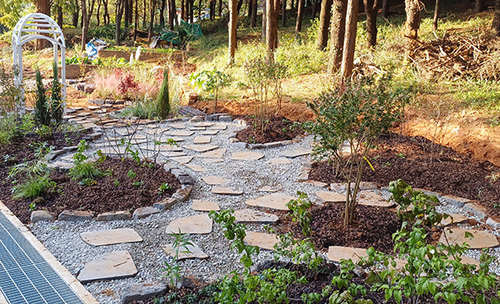
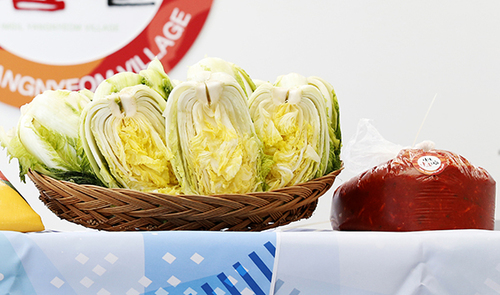
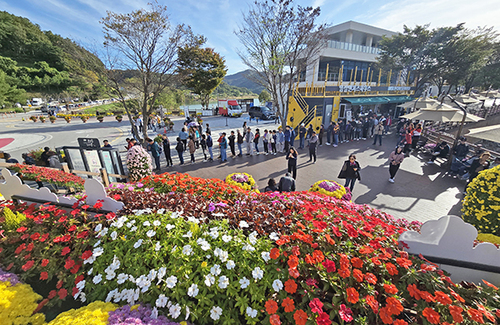
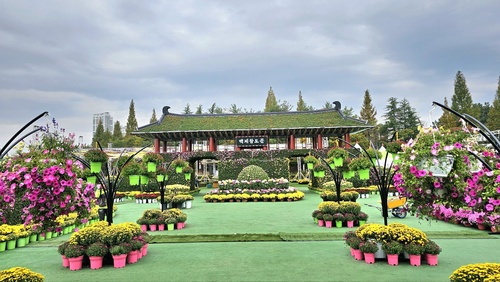
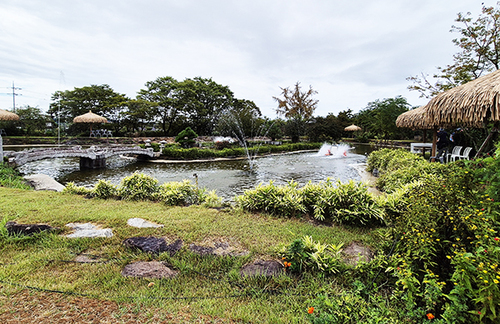
 많이 본 뉴스
많이 본 뉴스











